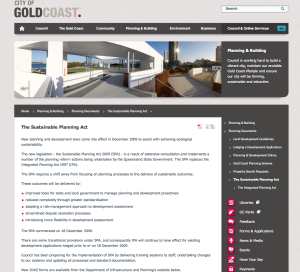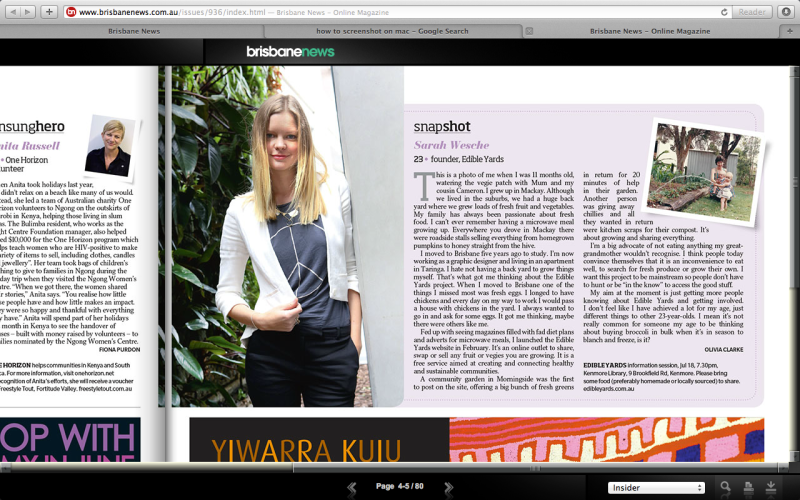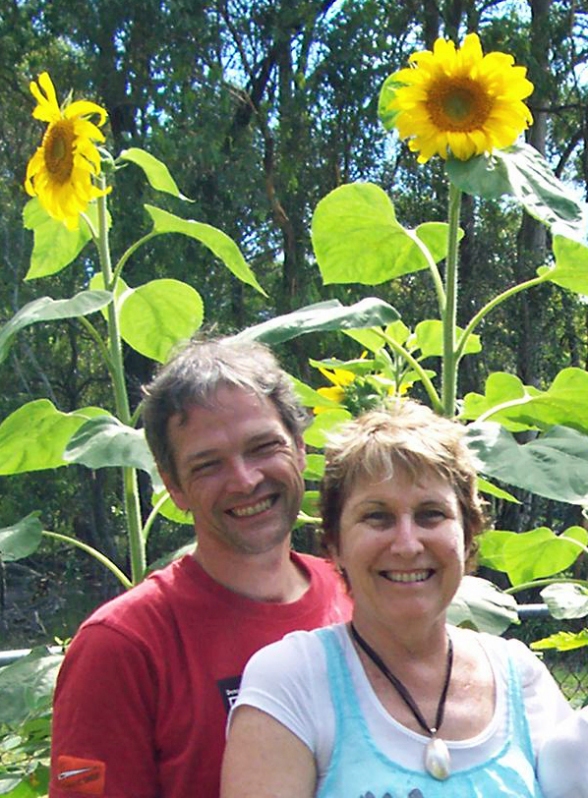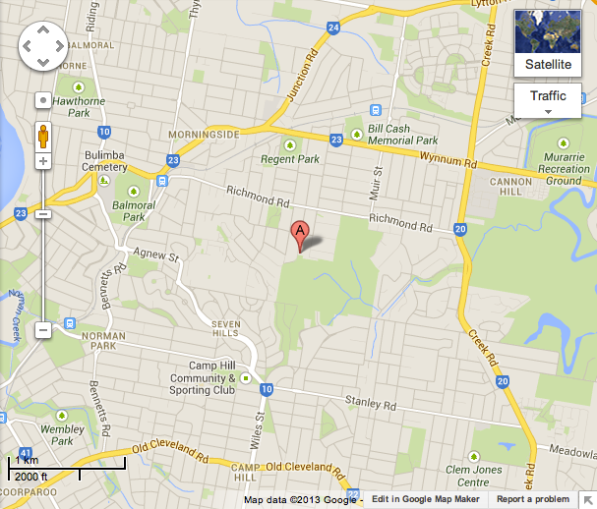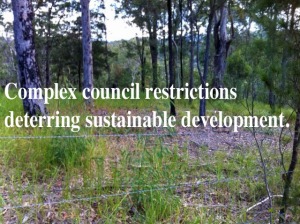
Council regulations and excessive fees are proving sustainable development to be costly and time consuming for Gold Coast residents, Grahame and Gina Shepherd. The couple recently bought a one-acre-block of land in the Mudgeeraba Forest with plans to develop a sustainable home. They want to be as self-sufficient as possible to contribute to protecting the environment as well as saving money and resources through the use of solar powered electricity, recycled rainwater and food from their own backyard.
Gina and Grahame Shepherd have previously built homes together on the Gold Coast several times since the late 1980’s, never experiencing the types of regulations that Council now implement.
‘Council regulations are making it prohibitively restrictive and expensive to build and maintain your own home especially in a sustainable manner,’ Gina said.
‘Our land area is one acre but due to Council design specifications we are limited to a building envelope of 1800 square metres which is less than one half of the land we purchased.’
In 2009 Gold Coast City Council introduced new planning and development laws under the Sustainable Planning Act (SPA) to assist in achieving ecological sustainability. The main components of the act include reduced complexity through greater standardisation, a streamline dispute resolution process and the introduction of greater flexibility in development assessment.
Contradictory to these key goals of the SPA, the main problems the Shepherd’s have faced during the planning stage of their development have been a lack of standardisation, complex and timely dispute resolutions and little flexibility in the development assessment.
‘On a couple of occasions we have contacted council by email with legitimate complaints about building compliance issues with our neighbours but we have never received replies. We contacted our local councillor with these issues only to be told that the privacy act prevents us from finding the results of our complaints,’ Gina said.
Gold Coast City Planning Chair, Cr Cameron Caldwell says it is difficult to determine whether the SPA has had any impact on reducing unnecessary processes and speeding up time frames. Separate to the SPA, the Gold Coast City Council has introduced a number of in-house measures to reduce red tape with an aim to speed up time frames and remove unnecessary processes.
‘Council is currently trialing electronic lodgment of Risksmart applications. This saves applicants time and expense by negating the need for exhaustive photocopying and the sheer time and effort dealing with large volumes of paper,’ Cr Caldwell said.
‘Council is looking to introduce electronic lodgment for the majority of development application types in the next few months.’
Sewerage treatment has also been a major challenge and expense for Gina and Grahame.
‘In some areas of the Gold Coast it is permissible to install a surface sprinkler to disperse clean effluent water which frees up land that can then be used for vegie gardens or whatever you choose’, Gina said.
‘Not for us though.’
‘We have installed an extremely efficient system that disperses clean water but Council regulations requires us to install a sub-surface drip dispersal system that is both costly and takes up 450 square metres of our land that now cannot be used for our vegetable gardens.’
‘Council should be encouraging sustainable building on the Gold Coast by making it an affordable, realistic and viable option to residents,’ she said.
Available developable land is now far more scarce than 30 years ago, with the land that is still available now being extremely constrained by matters such as topography, vegetation, waterways and infrastructure servicing concerns. ‘We live in a different world when compared to 30 years ago, with greater scrutiny placed on Councils and a greater need for accountability and responsibility,’ Cr Caldwell said.
‘All of these matters can now mean that significant time and effort is required to assess and decide new development applications.’
